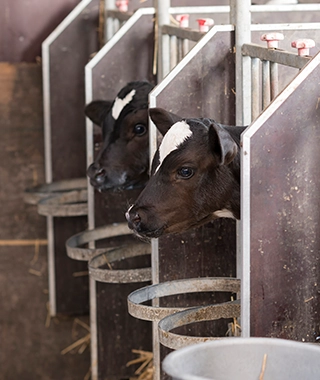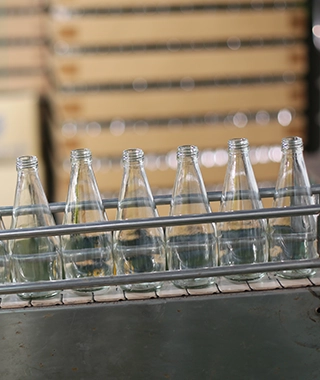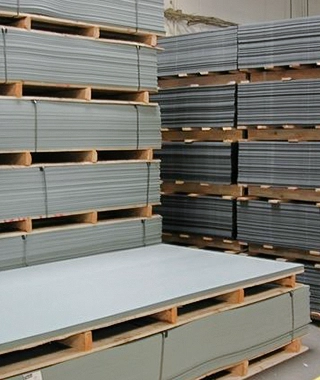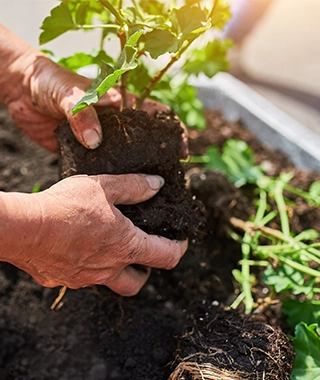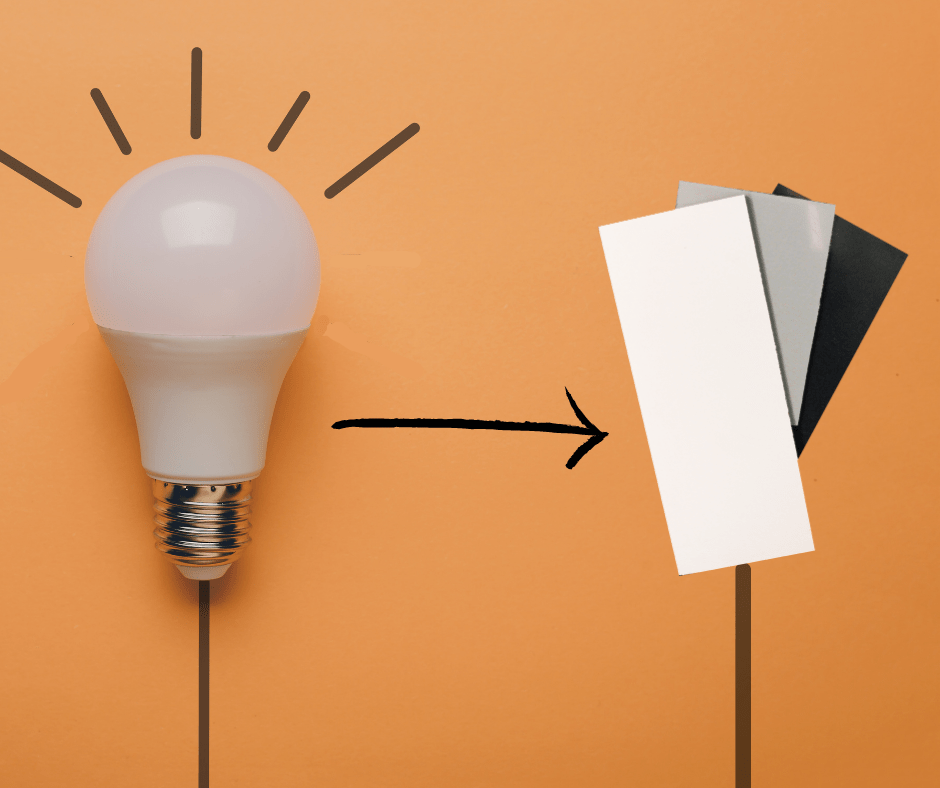Blogg
The possibilities of Recycled Plastic Sheets
Going green is more than just a trend, it is a necessity. In today’s world, it’s increasingly important to find ways to reduce our environmental footprint. One way to do this is by using recycled plastic sheets instead of traditional wood or plywood. Here we will explore some of the different uses of these plastic sheets and the benefits of choosing recycled plastic over plywood.
Recycled plastic sheets offer a wide range of applications and can be an ideal solution for many different types of projects. One popular use is in the construction industry, where plastic panels can be used for everything from ceilings and walls to floors and worktops. In addition, thanks to its good properties and ease of handling, plastic sheets are also excellent for temporary structures such as exhibition stands or event stages. Moreover, they are also a good option for construction in stables, barns and other areas where animal husbandry is established. This is because the boards are resistant to moisture, mould, humidity and urine..
But what are the benefits of choosing our sheets over plywood? First of all, using recycled plastic helps to reduce the waste that ends up in our landfills and oceans. In addition, plastic lasts longer than wood, reducing the need to renovate again. This feature can help reduce both costs and carbon emissions. Plastic is also resistant to water, which means that it does not swell, shrink or rot in the same way that wood does. This makes plastic panels more durable and less maintenance-intensive.
To summarise, recycled plastic sheets offer a range of benefits over traditional plywood, including lower maintenance, higher durability and a smaller impact on the environment. Whether it’s for construction projects, barn renovations, or even art projects, recycled plastic sheets offer a sustainable, efficient and cost-saving solution. By choosing recycled plastic over plywood, we can all help make a positive difference to our planet. Want to read more about our material? Click here here.

